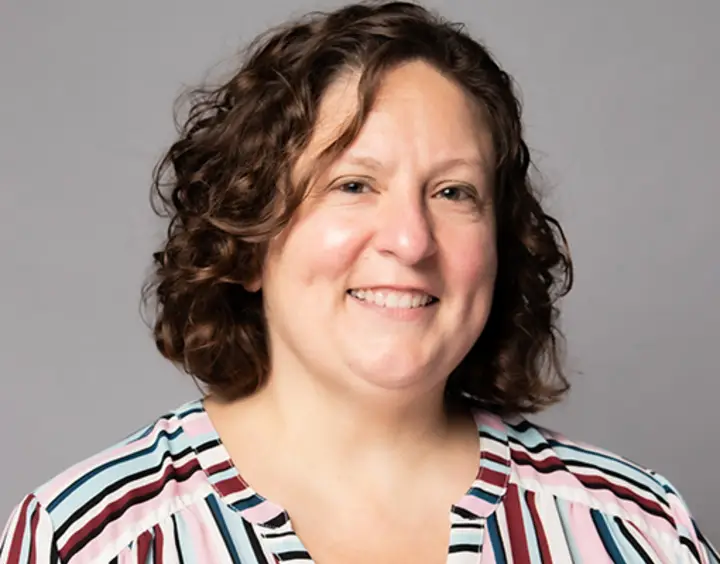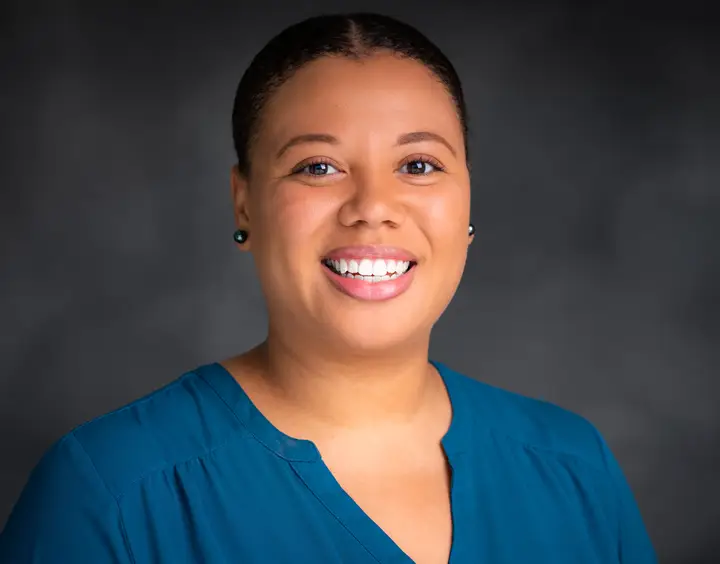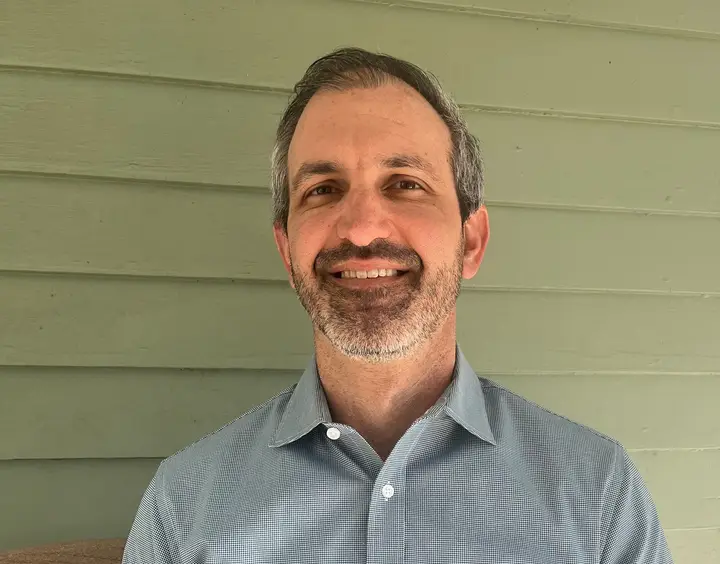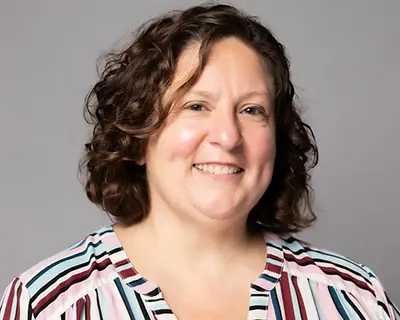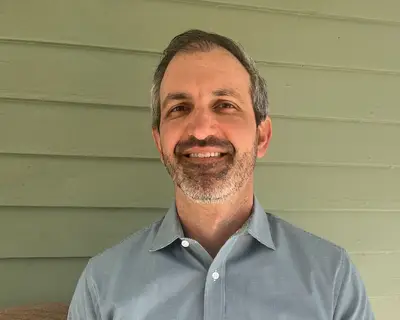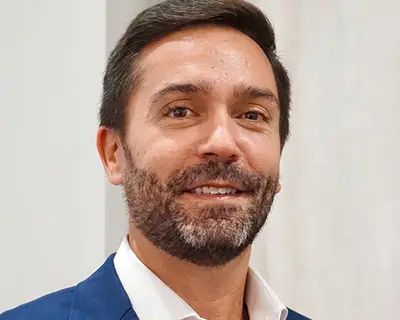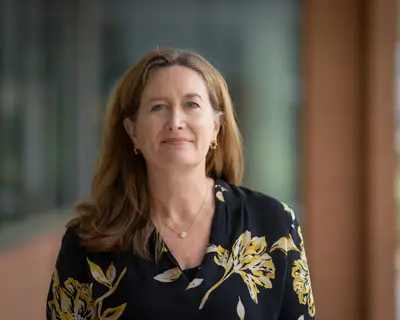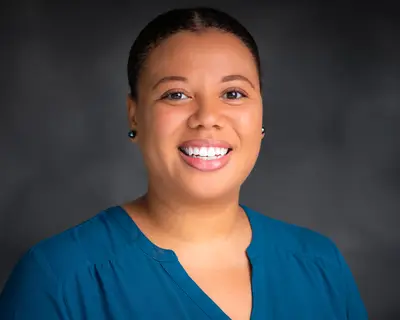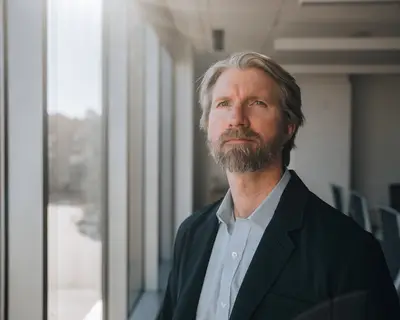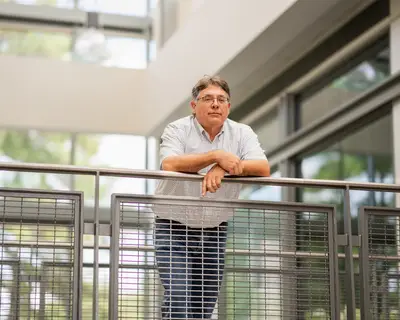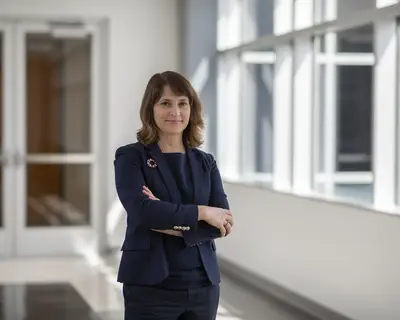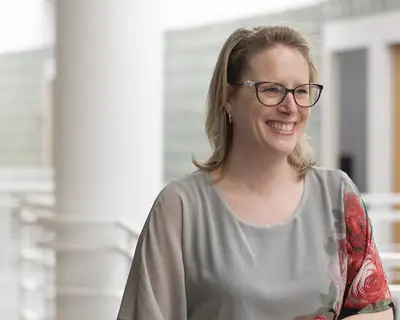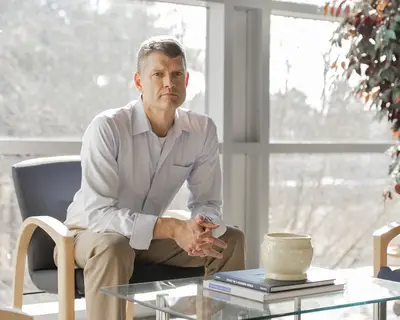In-depth With Our Experts
Jamie Pero Parker | Sustainability and Circularity
Pioneering Sustainability in the Commercial Sector
In her daily work as a sustainability expert at RTI, Jamie Pero Parker helps clients identify and implement circular economy interventions and replace environmentally harmful materials with safer alternatives.
Keep Reading about Pioneering Sustainability in the Commercial SectorIn-depth With Our Experts
Imari Walker-Franklin | Plastics and PFAS
Addressing Plastic Pollution with Chemistry and Communication
Plastics and PFAS present major concerns for our health and environment. While the problem of plastic pollution seems enormous, Walker-Franklin believes that ongoing research, engineering, and policy efforts will have positive results in the next several years.
Keep Reading about Addressing Plastic Pollution with Chemistry and CommunicationIn-depth With Our Experts
Daniel Lapidus | Sustainable Agriculture and Climate Change
Championing Sustainable Agriculture and Food Security in the Face of Climate Change
What do you picture when you hear the term “climate change”? Some see the devastating environmental impacts of a rapidly warming planet—glaciers melting, more frequent and dangerous natural disasters, severe droughts, ecosystems forever changed.
Keep reading about Championing Sustainable Agriculture and Food Security in the Face of Climate Change